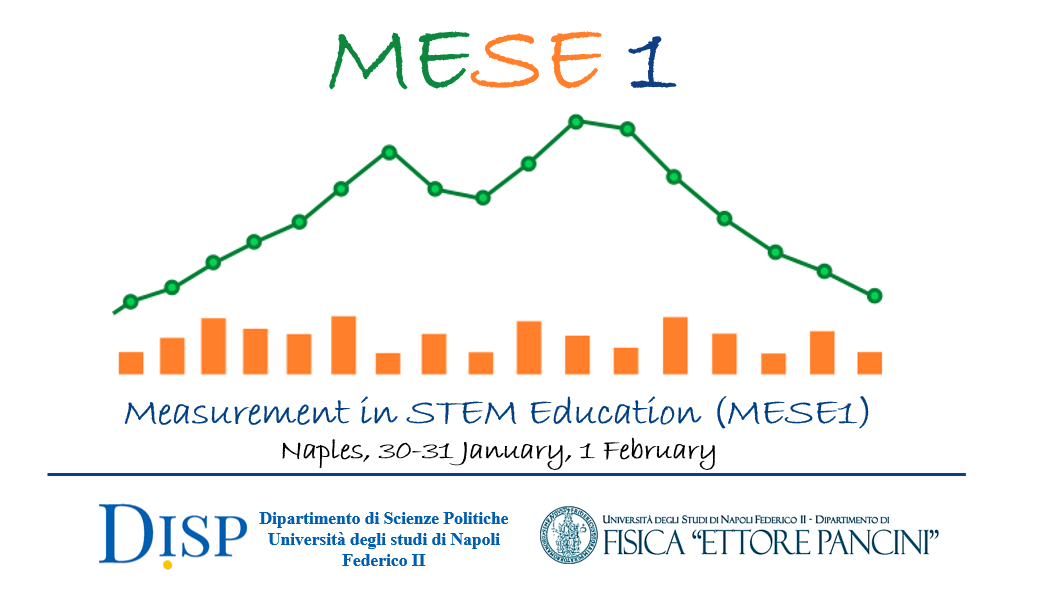Speaker
Description
We describe how we approached a study on a group of 65 primary school prospective teachers (PPTs) aimed at investigating through post-assessment questions, worksheets and final interviews how they would project a learning path on the subject of "heat, temperature and energy" after following a short didactic module involving the use of infrared thermal cameras and temperature online sensors(1).
The intervention was proposed inside the laboratory part of the Physics Education course of the combined bachelor and master degree in Primary School education of the Italian University of Verona. The module was organized into four phases. The first and third phases were developed as interactive experiment-based lectures following active learning strategies to introduce the operational definition of temperature, the concept of energy, the use of the online sensors and the use of the thermal cameras. In the second and fourth lab-work phases, four experiments were autonomously carried out by the PPTs divided into groups.
Data collection was made at the end of the course. In the post-assessment questions, PPTs were asked to list the ways they know for measuring temperature. In the worksheets, they were asked to plan a didactic project for their pupils about thermal phenomena, highlighting the addressed concepts and the corresponding related activities. Final interviews were mainly focused on whether and how PPTs used or would use a thermal camera in their proposed activities and, if so, related to which concepts.
The investigation on how much the formative module and methodologies did help PPTs in understanding the proposed concepts was made through the following research questions: 1) Do PPTs cite (in the proposed post-assessment question) thermal cameras among the possible instruments for measuring temperature? 2) Which concepts and corresponding activities do PPTs choose (in the worksheets) in constructing their didactic project on thermal phenomena? 3) Do (from the worksheets) or would (from the final interviews) PPTs propose the use of thermal cameras in their activities and, if so, related to what concepts?
Data analysis was performed following an iterative process of Qualitative Analysis(2) by identifying directly from students’ answers a set of categories and refining them through successive re-readings of students’ reports. Attention was paid: a) on the instruments (online sensors and thermal cameras) as cited in the post-assessment questions and as utilized in the activities proposed in their planned learning paths; b) on the concepts addressed by PPTs as related to the instruments utilized in the activities. The frequencies and percentages of the categorized answers were visualized as bar charts.
We will present some examples of the answers given by students and a description of the process that lead us to the final categorization and interpretation of the obtained results.
(1)Monti and Daffara (2021) Journal of Physics Conference Series 1929(1)012020
(2)Miles,Huberman and Saldaña (2014) “Qualitative data analysis: a methods sourcebook (Third Edition)”. Thousand Oaks, California: Sage Publications, Inc.
| Research Strand | Assessment and Evaluation in science learning processes |
|---|

